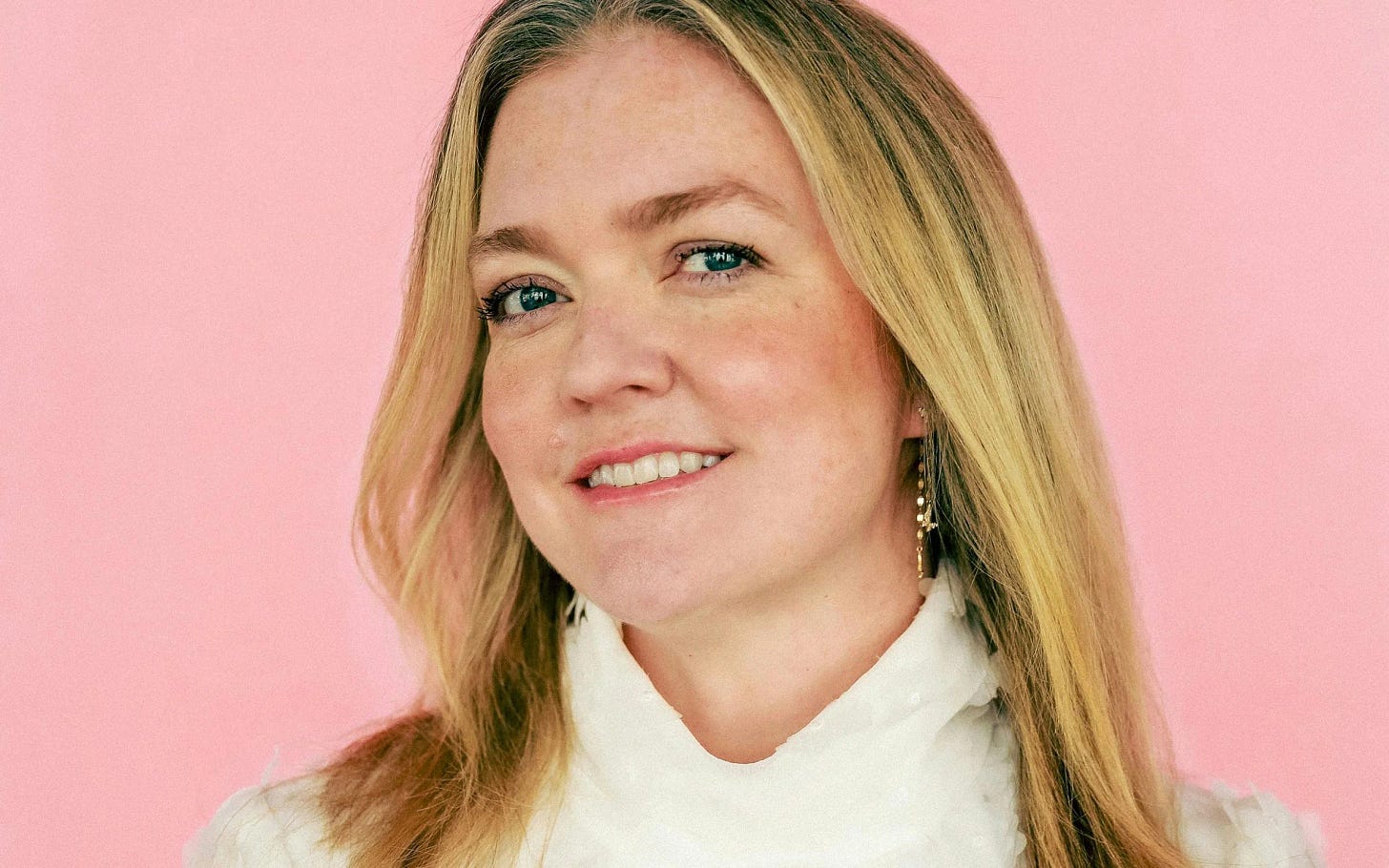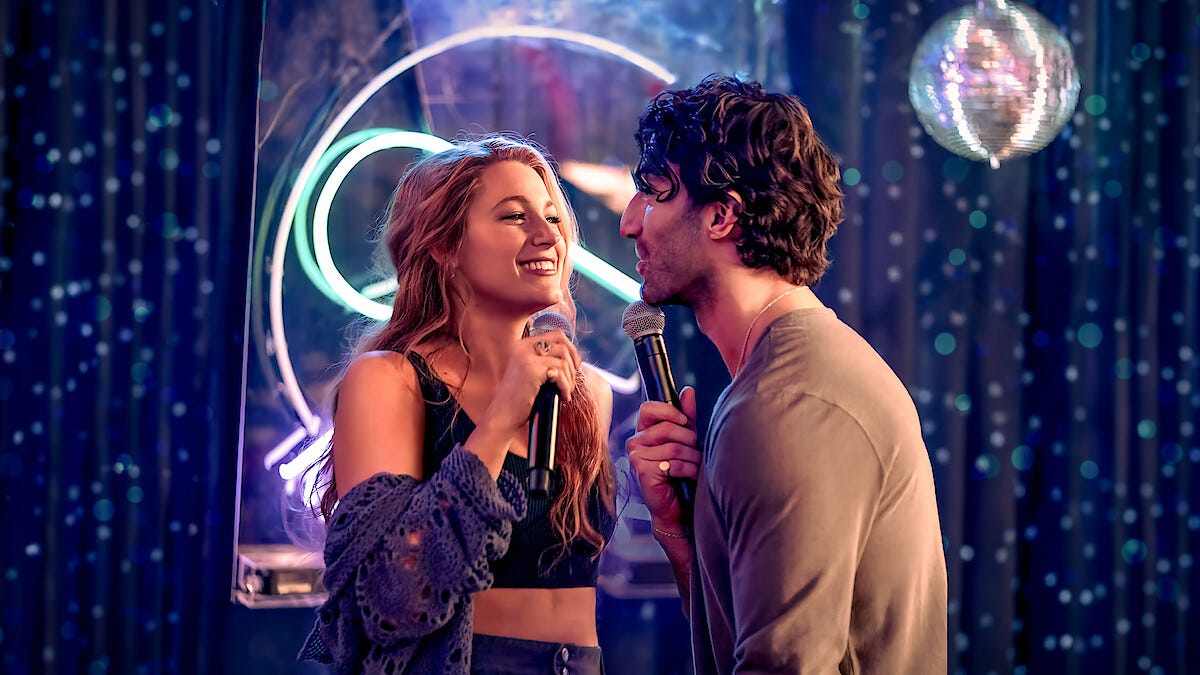She Was Earning Millions Without a Publisher. So Why Did Colleen Hoover Sign the Deal?
Colleen Hoover didn’t need a gatekeeper. She already had the audience, the royalties, and the power. So why hand over control of her empire—and what happened when she did?
The High-Earning Author Series is an ongoing investigation into how today’s most successful authors are really making their money. From royalties and rights deals to adaptations, speaking gigs, and side businesses, we’re pulling apart the numbers—and the narratives—to reveal what it takes to reach the top. This isn’t about glamour. It’s about strategy, scale, and what authors give up (or guard) to earn big.
In 2012, Colleen Hoover uploaded her first novel, Slammed, to Amazon Kindle. At the time, she was a social worker living in rural Texas. She had no agent, no marketing budget, and no ambition beyond sharing a personal story with her mother.
A decade later, she had become the most commercially successful author in America.
Hoover’s ascent from self-published romance writer to global publishing juggernaut is often framed as a modern Cinderella story, driven by Goodreads, book bloggers, and the viral reach of TikTok’s #BookTok community. But the real story is more complex. It is about ownership, scale, and the trade-offs that occur when the thing you built becomes bigger than you.
Hoover didn’t just make it in traditional publishing—she walked in as an industry outsider, armed with millions of sales and a fiercely loyal readership. What followed was a calculated shift from independent control to corporate amplification. It was not a rescue. It was a power move. And like most power moves, it came with consequences.
The Making of an Indie Empire
By the time It Ends With Us was published in 2016, Hoover had already released multiple bestselling novels through Kindle Direct Publishing. She owned her intellectual property, controlled her schedule, and was earning 70% royalties on every ebook sale. Hers was not a career-in-progress—it was a thriving, profitable business.
Unlike many self-published authors, Hoover didn’t chase literary prestige. She wrote emotionally driven stories that prioritised connection over polish, and her readers responded in kind. Her audience grew not through traditional media or paid placements, but through digital word of mouth. She had found the sweet spot: emotionally resonant storytelling, algorithm-friendly platforms, and a community of readers who treated her books like sacred texts.
Then, in 2020, TikTok found her. Specifically, #BookTok—the platform’s sprawling, unofficial book club—rediscovered It Ends With Us. The novel, which explores the cyclical nature of domestic abuse, became a viral phenomenon. Sales surged. Backlist titles exploded. And Colleen Hoover became a household name almost overnight.
By 2022, she occupied five of the top ten spots on the New York Times bestseller list. She was outselling James Patterson, Nora Roberts, even the Bible at Walmart.
So Why Go Traditional?
From the outside, Hoover’s move into traditional publishing may have seemed counterintuitive. She was already earning millions, already topping charts, already in control. Why give that up?
The answer lies in what independent publishing, for all its strengths, cannot easily provide: global distribution, international licensing, Hollywood access, and infrastructure built for scale.
Hoover had already begun working with Atria Books (an imprint of Simon & Schuster) in 2012, when they re-released Slammed and Point of Retreat. But it wasn’t until her post-TikTok explosion that the relationship became pivotal. With Atria behind her, her books landed in Target, Tesco, Waterstones, and airports across the world—places that self-publishing platforms simply cannot reach.
Traditional publishers also bring marketing teams, sales reps, and global rights departments—people who can get your books translated, reissued, and repackaged across dozens of territories. They can call Netflix. They can call Reese Witherspoon. And when your audience expands by several million in a matter of weeks, that matters.
Let’s Talk Money
By early 2025, Hoover had sold more than 35 million books worldwide. According to industry estimates, her author royalties likely exceed £10–15 million, with additional income from foreign rights, merchandise, and brand licensing pushing her total earnings even higher.
The 2024 film adaptation of It Ends With Us, produced by Sony Pictures, reportedly grossed over $350 million worldwide, offering Hoover a likely seven-figure licensing deal plus back-end opportunities. Her thriller Verity has also been optioned, with Anne Hathaway attached to star.
This was never just about books. It was about brand, scale, and multiple revenue streams—all of which are significantly easier to manage with a major publisher at your side.
The Cost of Going Big
Yet alongside her extraordinary reach came a visible shift in tone and perception. As Hoover’s work became increasingly corporate, many early readers began to notice a change. Books felt more rushed. Covers became glossy and formulaic. Marketing campaigns leaned heavily into emotional baiting.
When It Starts With Us, the long-awaited sequel to It Ends With Us, was released, fans were divided. Some accused the book of being a hollow, publisher-driven follow-up rather than a story Hoover genuinely wanted to tell. Others felt the characters no longer rang true. What once felt raw and intimate began to feel market-tested.
And then, of course, came the film.
The Hollywood Problem
The Sony adaptation of It Ends With Us quickly became a case study in how little control authors retain once their work is optioned. Blake Lively was cast as Lily Bloom. Justin Baldoni directed. Almost immediately, there was backlash—from casting choices and wardrobe styling to leaked dialogue that felt dramatically off-pitch.
Then the situation escalated.
Lively filed a harassment complaint. Baldoni responded with a $400 million defamation suit against Lively, Ryan Reynolds, and others. Taylor Swift was subpoenaed. Hoover, now caught in the centre of a very public storm, quietly deleted every mention of the film from her social media.
Because Hoover had not written the screenplay, she had no power over casting. She could not stop the press cycle. And that’s when the scale of her success—so carefully built—began to look like something else entirely: a machine she could no longer control.
The affair has laid bare the fragility of authorial power in Hollywood. Despite being one of the highest-selling novelists in the world, Hoover was ultimately sidelined during the adaptation process, unable to influence casting, scripts, or the media cycle once the project gained momentum. The machine she had carefully built through years of independent success had, in effect, outgrown her.
Baldoni’s Wayfarer Studios retains the rights to adapt It Starts With Us, the sequel. However, ongoing legal proceedings have cast doubt on the viability of a follow-up. Baldoni has publicly stated he will not direct the second instalment and has suggested that Lively should reprise her role, though that, given current circumstances, appears increasingly unlikely.
The Real Reason She Went Trad? She Wanted to Win Bigger.
Hoover did not enter traditional publishing as a hopeful debut. She entered as a titan. The audience was already there. The sales were already happening. What she wanted was expansion. And she knew that expansion would cost her something.
She chose to level up. And in doing so, she handed over parts of the empire she’d built alone.
It was a smart move. It was also a gamble.
Because once the system owns your story, it decides how the story gets told.
The Bastardly Takeaway
Colleen Hoover is not a cautionary tale. She is proof that you can start with nothing—no agent, no platform, no plan—and build something massive. But she’s also a reminder that the trade-off for scale is often creative compromise.
Traditional publishing offered Hoover global reach, massive paydays, and a level of cultural saturation most authors will never touch. But it also cost her intimacy, autonomy, and, at least in the case of It Ends With Us, narrative control.
She didn’t go trad because she failed. She went trad because she was too successful to stay small.
But as any writer who’s ever signed a deal will tell you:
The moment you license your story, you gamble with your legacy.
H. J. x
Read more articles in the High-Earning Author Series here —> https://hjsmithwilliams.substack.com/t/high-earning-author-series
New to me and my writing?
I’m H. J. Smith-Williams: novelist, screenwriter (in progress), and founder of the £1.5M Project—a year-long experiment to see how far words, wit, and stubborn execution can go.
You can expect fiction, industry breakdowns, unapologetic ambition, and the occasional author confession.
If that sounds like your kind of chaos, you’re in the right place.
Find all the writer’s tools & resources below





